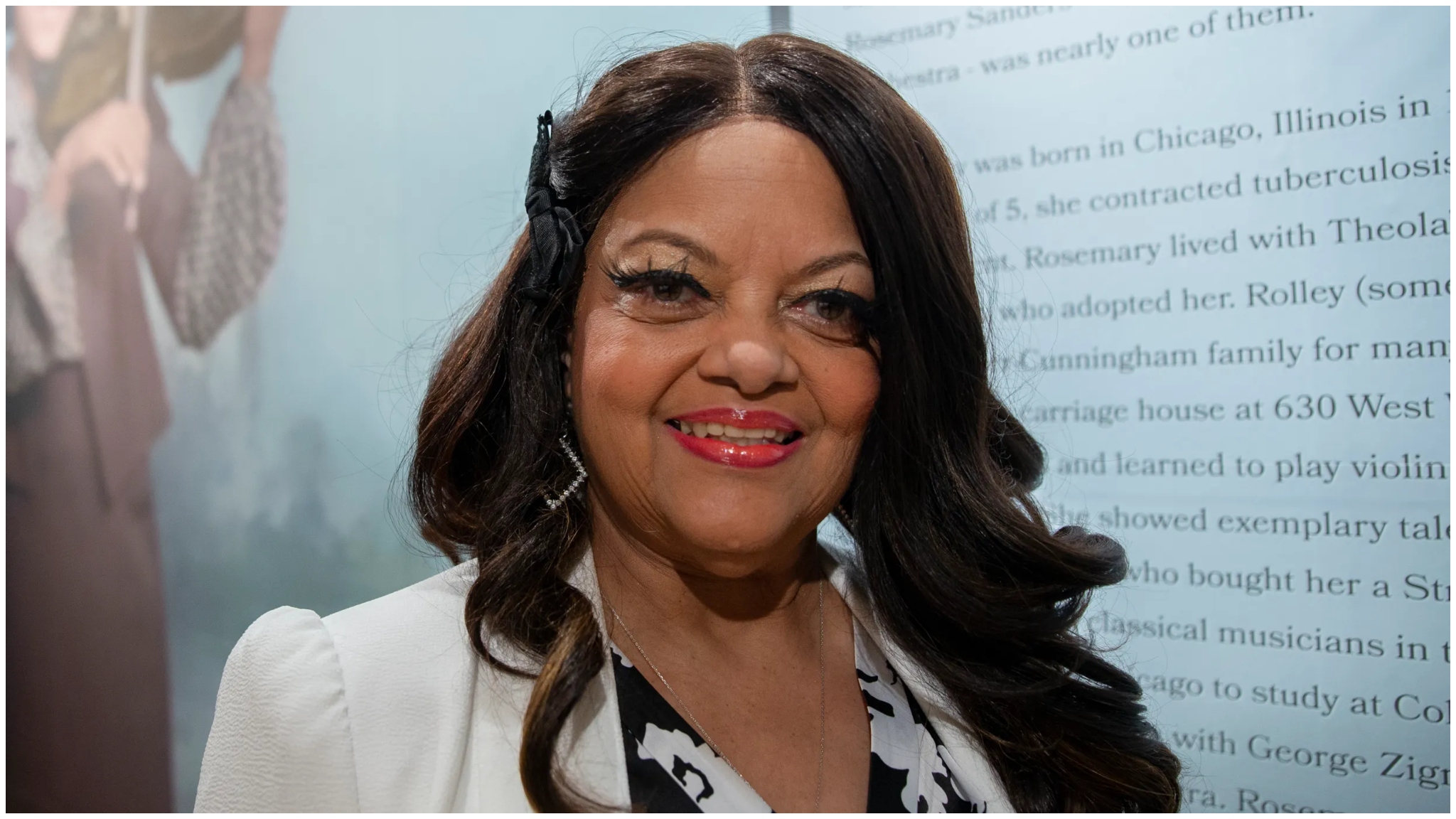Rosemary Sanders, the groundbreaking first African American musician in the South Bend Symphony Orchestra (SBSO), is finally receiving long-overdue recognition through a new documentary film. “Invisible Player,” created by filmmakers Chuck Fry and Ryan Blaske, chronicles Sanders’ remarkable fifteen-year tenure with the orchestra from 1940 to 1955. During this pioneering period, Sanders faced profound discrimination as her name never appeared in concert programs, and she was excluded from orchestra photographs.
The documentary will be showcased at an upcoming website launch party on April 30 at the St. Joseph County Public Library in South Bend. This free event features a 10-minute trailer screening followed by an insightful panel discussion with Sanders’ daughter, Helen Ursey-Binion, and the film’s creative team.
Breaking Barriers in Classical Music: The Untold Story of a Pioneering Black Symphonist
For fifteen crucial years, Rosemary Sanders quietly made history as she performed with the South Bend Symphony Orchestra. Her groundbreaking achievement came with a painful reality: complete erasure from the orchestra’s public image and official records. Despite her talent and dedication, Sanders was systematically rendered “invisible” by the racial practices of the era.
This deliberate exclusion meant Sanders experienced a paradoxical existence as both performer and outsider. While her music reached audiences throughout South Bend, her identity and contributions were systematically suppressed. The documentary explores how this erasure affected Sanders personally while examining the broader implications for classical music’s troubled history with racial inclusion.
The film’s title, “Invisible Player,” directly addresses this contradiction of presence and erasure that defined Sanders’ career. Her story represents countless other talented Black musicians whose contributions to classical music have been minimized or completely overlooked throughout American history.
Documentary Film Reveals Struggles of Early Black Orchestra Musicians
Executive producers Marvin V. Curtis and Justus Zimmerman joined filmmakers Fry and Blaske to create this important historical document. Their work extends beyond Sanders’ individual story to examine the experiences of other African American orchestral musicians who faced similar discrimination throughout the classical music world.
Through interviews and historical research, “Invisible Player” illuminates the systemic barriers that prevented qualified Black musicians from fully participating in America’s orchestras. The documentary reveals how these artists persevered despite institutional racism, creating pathways for future generations of diverse classical performers.
The film provides crucial context for understanding the slow progress toward inclusion in American symphonic institutions. By highlighting these pioneers’ struggles and triumphs, “Invisible Player” contributes to ongoing conversations about representation and recognition in classical music today.
South Bend Community Celebrates Local Music Pioneer’s Legacy
The upcoming launch event has generated significant community interest, bringing together music lovers, historians, and advocates for racial equity. Following the screening, attendees will have the opportunity to participate in a reception and engage with panel members including Sanders’ daughter Helen Ursey-Binion.
This isn’t the first recognition of Sanders’ contributions to South Bend’s cultural history. In 2023, she was prominently featured in “Trailblazers: Legacies of Excellence,” a special exhibition at The History Museum in South Bend. This growing acknowledgment reflects the community’s commitment to recovering and celebrating overlooked aspects of its diverse cultural heritage.
The South Bend Symphony Orchestra has embraced this opportunity for historical reflection and reconciliation. By supporting the documentary’s creation and promotion, today’s SBSO leadership demonstrates a commitment to acknowledging past injustices while working toward a more inclusive future for classical music in the region.
Panel Discussion to Feature Filmmaker Insights and Family Memories
The April 30 event will feature a diverse panel sharing multiple perspectives on Sanders’ legacy. Her daughter, Helen Ursey-Binion, brings intimate family knowledge and personal memories of her mother’s musical journey and private struggles against discrimination.
Filmmakers Chuck Fry and Ryan Blaske will discuss the challenges and discoveries they encountered while researching this largely undocumented history. Executive producer Marvin V. Curtis and panelist Kristie Erickson will provide additional context on the historical significance of Sanders’ pioneering role in classical music.
The panel format encourages community dialogue about this important chapter in South Bend’s cultural history. By bringing together family members, artists, historians, and community members, organizers hope to ensure Sanders’ story reaches new audiences and inspires continued progress toward inclusivity in the arts.





